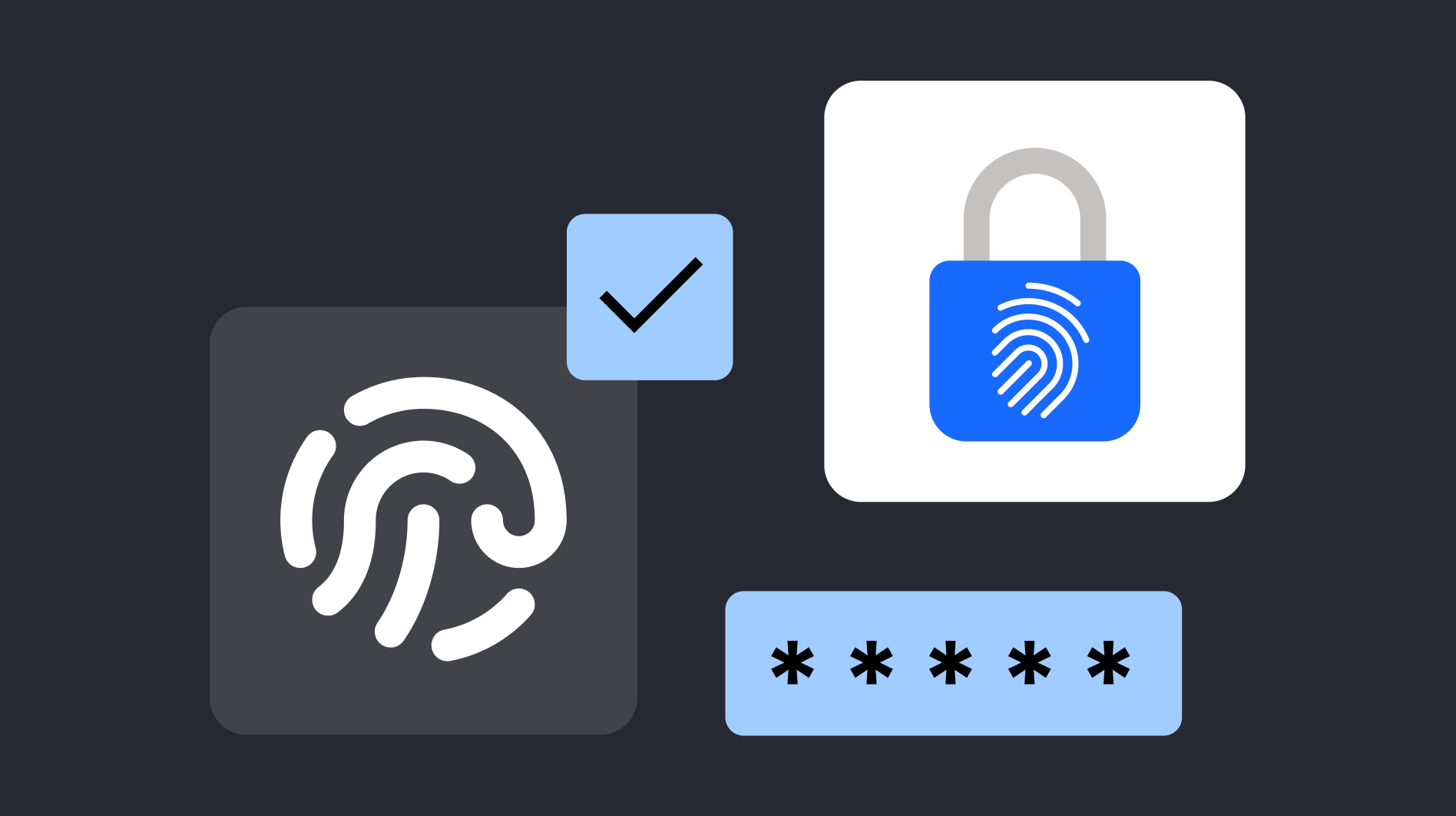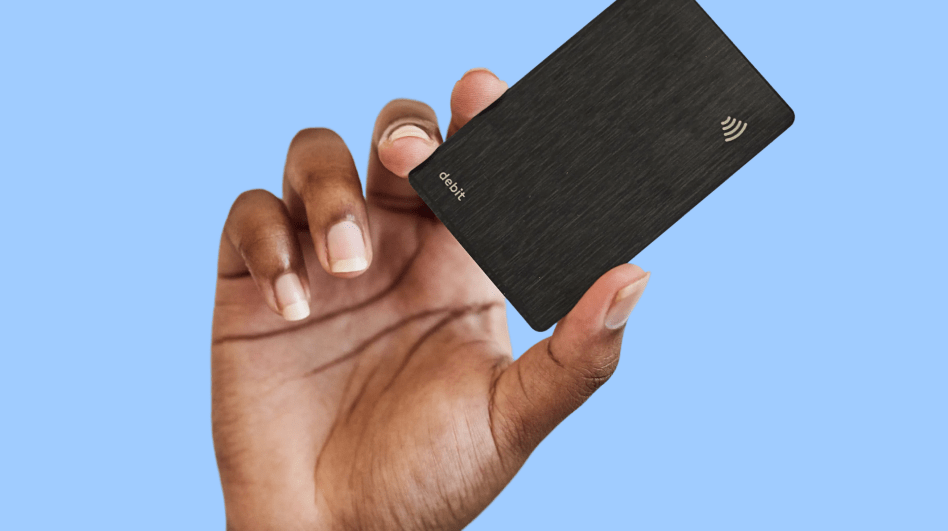Trust is what makes the digital economy work. Every time someone clicks “buy,” they’re doing more than completing a transaction. They’re sharing personal data, depending on secure systems, and embracing new ways to pay and interact.
Our Digital Economy Trust Index measures how strong that trust really is. Drawing on insights from 18,000 consumers across the globe, it reveals where confidence is growing and where it’s at risk.
Trust is powerful. It creates emotion, and emotion isn’t built between machines, it’s built between people. Every time a consumer shops online, every moment they interact with your brand, you have the chance to win their trust, or lose it.
The evolution of trust in commerce
It used to be simple. You filled your pockets with cash, walked into a store, handed over your money, and left with your goods. Everyone could see the value physically changing hands. Trust was tangible.
When cards came along to replace cash, we had to restore that sense of same systematic trust. We started signing receipts. Then we moved to chip and PIN. Each evolution wasn’t just about convenience, it was about rebuilding trust and assurance in the system.
And the fundamental need for trust has not dissipated, in fact we could argue it has increased. Visa and Mastercard, and any other money movement scheme, invests in product, technology and marketing to build and ensure trust in commerce.
But while the tech gets smarter, the fundamentals stay the same. Trust needs to be earned. Strong Customer Authentication (SCA), PSD2, multi-factor authentication (MFA), and digital ID verification play important roles. These aren’t regulatory box-ticking exercises. They’re the new foundations of digital trust. Because if you lose trust in a transaction, you don’t just lose a sale. You risk losing a customer forever.
And when trust breaks? Consumers don’t wait around. As Ramzi Alqrainy, CTO of The Chefz, said at Thrive Abu Dhabi:
“If a payment fails, we don’t just lose revenue. We risk losing [consumer] trust.”
Trust takes time to earn. But it only takes one second to lose.
The invisible role of payments in trust
At Checkout.com, we believe the best payment experiences are invisible. We don’t want to be the star of the show; that role belongs to our merchants, every time they go on stage with their consumers.
Our job is simple: to sit behind the scenes and strengthen the relationship between you and your customers. If we’re doing our job right, consumers don’t think about us at all. They think about your brand. Your service. Your value.
Invisible trust, delivered through high-performance payments, makes modern commerce work.
How trust is shifting across MENA
As we looked at trust trends across the Middle East and North Africa (MENA), the data tells a clear story: digital payments are rising fast because trust in digital is growing.
Much of what I’m sharing comes from our new Digital Economy Trust Index – our global study where we surveyed 18,000 consumers across 16 markets, and combined that with insights from billions of transactions processed on our network. It gives us one of the clearest pictures yet of how trust is shaping consumer behavior today.
Over the past five years:
- In Saudi Arabia, cash usage has dropped by 64%. Today, only 9% of total monetary evaluation remains in cash
- In the UAE, it’s down by 53%, with just 13% of the economy still running on cash
- In Egypt, cash has dropped by 52%, now representing 26% of the total market

These are huge shifts in a short time, and they’re not just about convenience; they’re about consumers trusting that digital payment systems are safe, reliable, and fast.
Across the 18,000 consumers surveyed worldwide, including deep regional data for MENA, we’ve seen firsthand how the shift from cash to cards to digital wallets is being driven by trust. In many ways, MENA is leading that shift. The region is adopting digital commerce at pace and setting new benchmarks for what trusted, modern payment experiences can look like.
How trust is reshaping consumer behavior
Building on those findings, the results paint a fascinating picture of where trust and consumer behavior are heading more broadly.
In the UK, consumers rely heavily on online reviews from strangers before making a purchase. They want to see what others think – even if they’ve never met them. Only 8% of shoppers worldwide say price is their number one consideration. Trust, by far, beats price. And the consequences of breaking it are stark.
Our research shows that 42% of consumers say a failed payment would stop them from returning to a site altogether. Meanwhile, 66% say a slow or difficult payment experience would erode trust in a brand – a sobering reminder that performance at checkout isn’t just about completing a sale, it’s about protecting the relationship.
When we look to the future of payments, confidence in digital ID is highest in the UAE and Saudi Arabia, while countries like Japan are still hesitant, with only 29% believing digital ID will play a central role.
Meanwhile, generational trends are reshaping ecommerce. Almost half (46%) of Gen Z globally already earn income from the gig or creator economy, with the UAE leading the way. In MENA, food delivery is the top online purchase for Gen Z, even outpacing China.
Identity, fraud, and the agentic future
We ran a little experiment internally where we asked AI to generate an image of me. The result? Surprisingly convincing – as you can see below. But it proved an important point.
If a free AI tool can generate convincing fake identities in seconds, imagine what bad actors can do.

And that’s just AI-generated identity. Now imagine AI-generated intent.
This is no longer hypothetical. The age of agentic commerce is already here. In this next chapter of digital commerce, consumers won’t always be the ones checking out. Their agents will. Smart, AI-powered agents that browse, buy, and book on their behalf, armed with user preferences, permissions and payment credentials.
That shift raises the stakes for identity. If an agent is going to act on your behalf, it has to prove it has permission to do so. It must also declare itself as an agent, not impersonate the individual. Because in this new world, trust can’t be assumed. It has to be proven. Every time.
That’s why we’re investing in advanced digital identity verification. Our tools are designed to detect deepfakes, masks, and AI-generated spoofs, adding a vital layer of assurance to the checkout flow. It’s not just about confirming identity – it’s about fighting modern fraud. We combine AI and human review to spot even the most convincing spoofs. And it’s fast: 70% of verifications return results in under 10 seconds. Because if trust breaks down, commerce does too.
And the signals are already here. According to our MENA Digital Economy Report, fewer than one in three (29%) consumers in the region today have used facial recognition for identity verification. But that’s a lot more than five years ago, and it’s only going one way. Trust in digital ID is growing, fast.
The same report shows that 51% of consumers across the region now believe it’s getting easier to trust that online transactions are safe and reliable as technology evolves.
Agentic commerce needs:
- Agents will need to declare themselves clearly
- Tight adherence to user-approved permissions
- Identity verification at every step
This isn’t optional. Without these safeguards, agent-driven commerce will collapse under the weight of fraud and mistrust.
And consumers know the risks. In our survey, 41% worry about their image being stolen and used in deepfakes, and 39% say they fear being scammed by them.
Sam Altman, CEO of OpenAI, touched on this shift in his recent blog, “Three Observations”, introducing AI agents as virtual co-workers – systems capable of completing multi-day tasks in fields like software engineering, and eventually across all types of knowledge work. He notes these agents will be programmable and increasingly autonomous, driving huge economic change.
And here’s where that gets real. Point those programmable agents at everyday life, and the shift becomes clear. You tell them what you like, what to avoid, and off they go – finding your next holiday, comparing groceries, booking flights. They’ll do the jobs we don’t want to. That’s convenience on another level.
But convenience like that raises the bar for trust. Because when an agent transacts on your behalf, identity becomes everything. It’s not enough to assume trust. It has to be proven with precision, speed and resilience.
As AI evolves, we’re heading toward agentic commerce: digital agents shopping on our behalf. For example, Google recently announced an agentic checkout feature where you can track the price of an item, then tap "Buy for me" when you see the notification for a price you like. Then Google will securely complete the payment using Google Pay. This kind of feature will surely change how shoppers interact with merchant stores. In the era of agentic commerce, perhaps the fundamentals of ecommerce, pricing, availability, returns policy, etc. may be of more interest to agents than sharp images or words?
Visa’s Intelligent Commerce initiative is designed to connect developers, platforms, and AI-powered agents directly to its trusted payments network. The aim is to ensure that as agents begin to browse, select, and transact on behalf of consumers, they do so with the same level of security, scalability and trust that Visa has built over decades. CEO Ryan McInrney put it best: “This isn’t just about adding bells and whistles. It’s about anchoring the next wave of commerce in the same foundations of trust.”
Mastercard is advancing this space with Agent Pay – a program that enables agents to identify themselves, share enriched checkout data, and complete transactions with built-in transparency. At Checkout.com, we’re one of the early partners enabling this rollout in the U.S. With strong token coverage, we’re well-placed to help deliver this next chapter.
Just like we rebuilt trust when we moved from cash to cards, and from cards to online payments, we’ll reinvent it again for the agentic era.
Because trust isn’t a sideshow in commerce. Trust is commerce.





.png)






_How%20and%20why%20to%20launch%20a%20card%20program%20(1).png)



_Introducing%20Issuing.png)